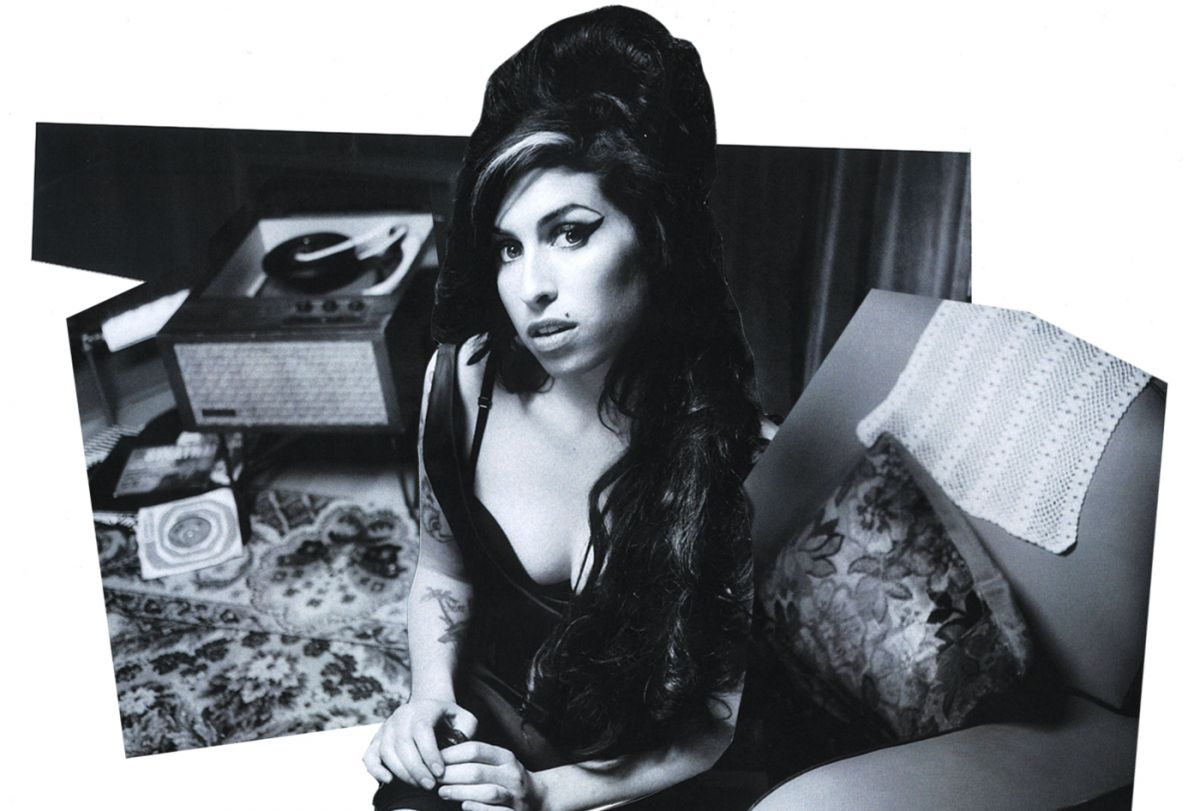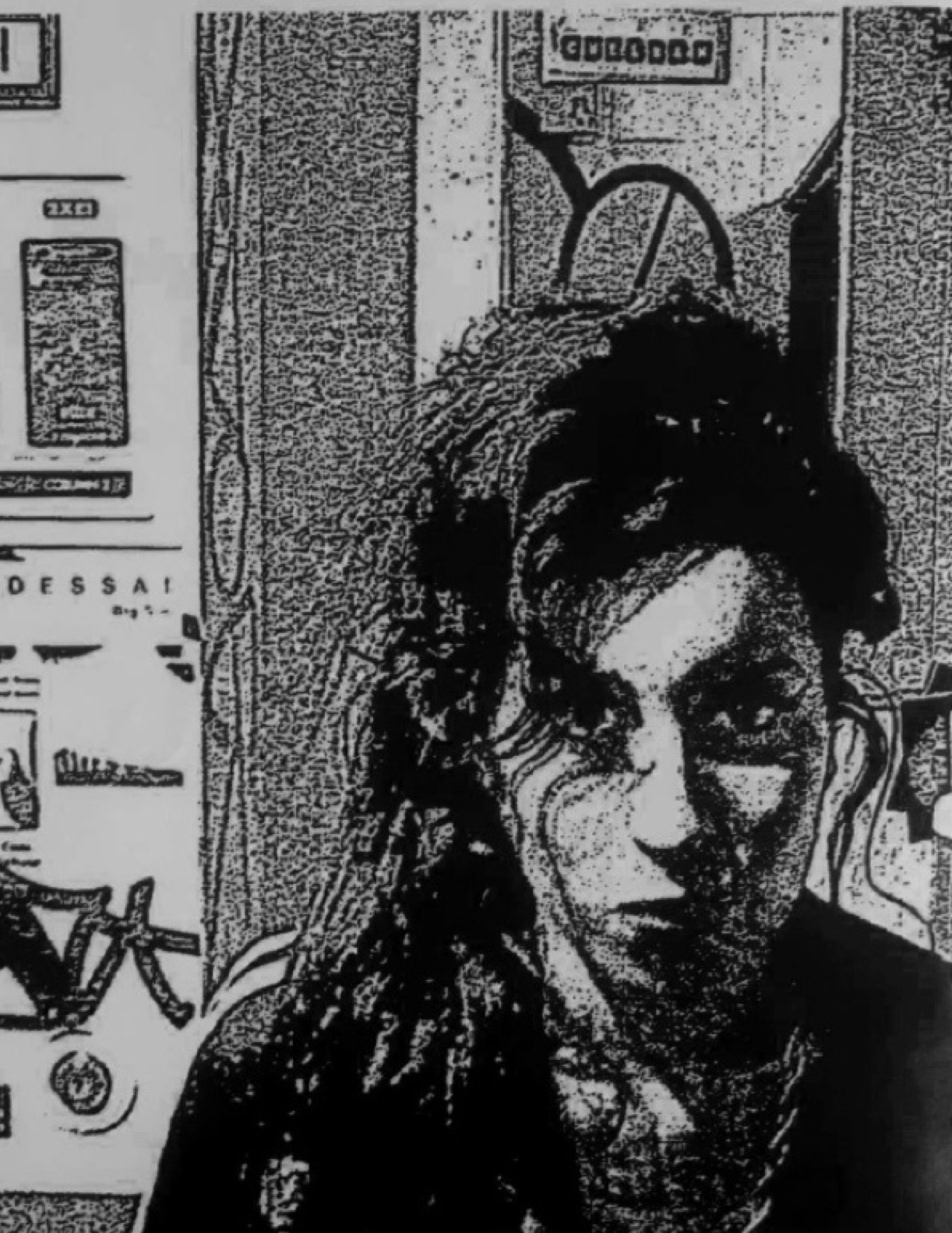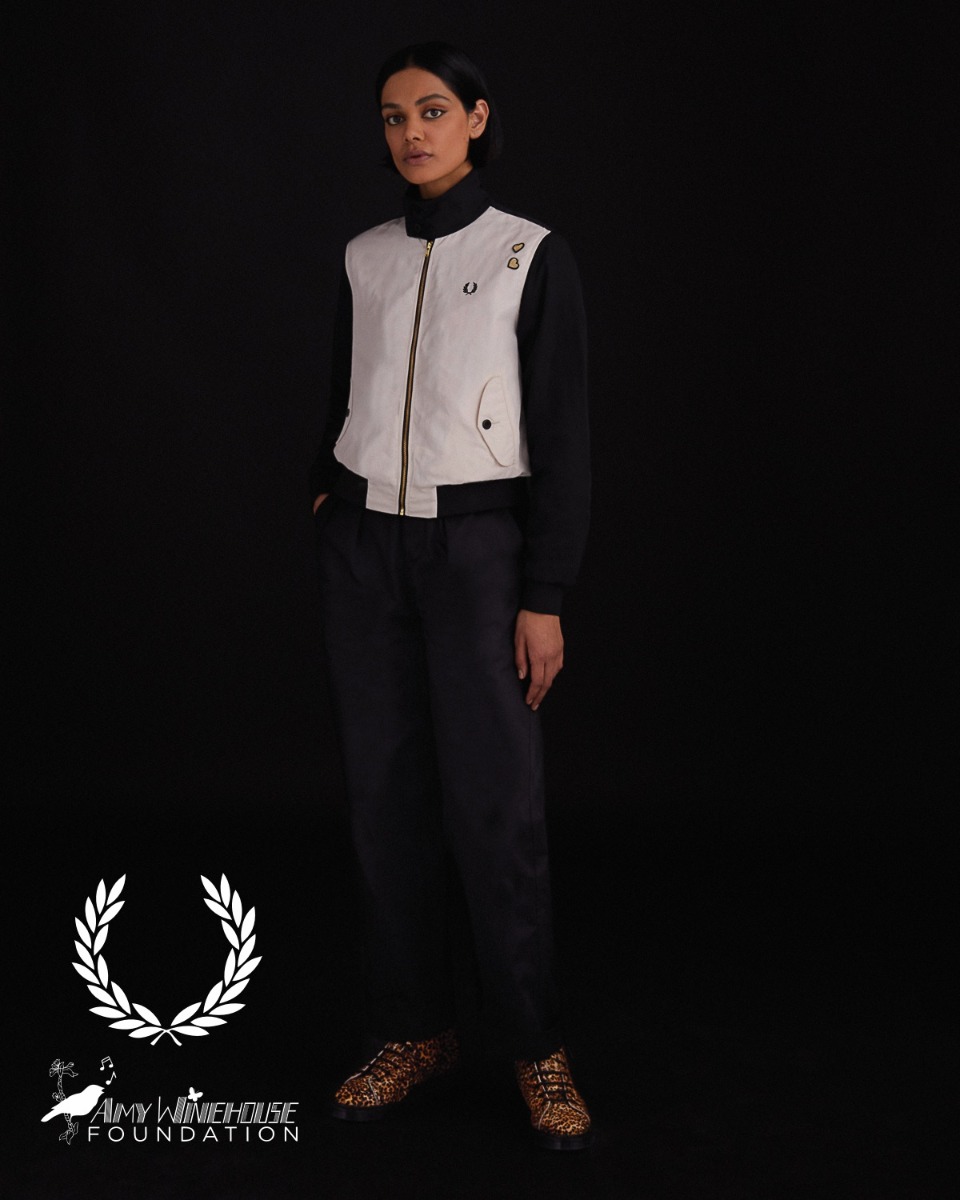Words by Laura Jones
Article first published in independent magazine Teen Style Culture, 2006
After her acclaimed first album Frank, the petite Jewish beauty has another offering for our ears, over two years after her debut. As we stand in the male toilets of Nambucca in north London, Amy tells me exactly what she’s been doing for the past 18 months whilst she’s been out of the limelight.
“I have been in love…” Amy’s relationship, as she explains, finished over six months ago now, but she took it hard, admitting, “my heart is still a little sore over him.”
It was her first love and Amy even has her secret beau’s name tattooed on her chest so ‘he is always close to my heart.’ Never regretful, Amy explains, “my heartbreak, if that’s what you want to call it, really pushed me to do something and that’s why I started the album.”
Amy’s long awaited and highly anticipated new album is out this autumn and is a complete shift from the sultry jazz-hip hop fusion. This new sound is a lot less Frank, her debut album which catapulted her onto the jazz scene, the music which she grew up with. The new album, as yet untitled, has seen her shift gears to a more eclectic sound. Her background is as a guitarist, although her vocal ability lends itself to varied sounds and genres. “I grew up listening to folk from my mum and jazz from my dad. I like to think that my music is a reflection of my life and my parents’ music taste is definitely a big part of that.” After Amy picked up a guitar when she was just thirteen, she has lent her hand to both the piano and the saxophone, but always finds safety in the strum of a guitar string and a solitary jam session in her bedroom.





